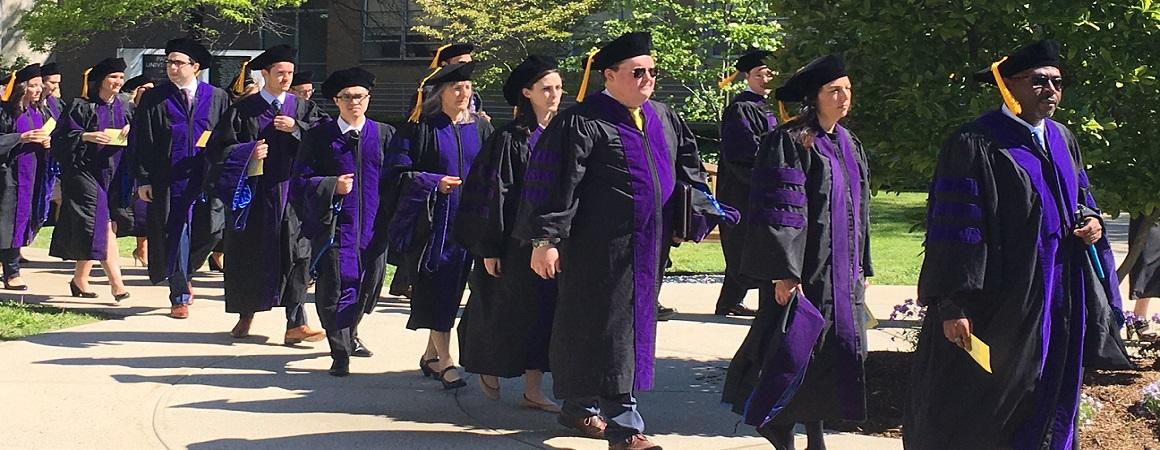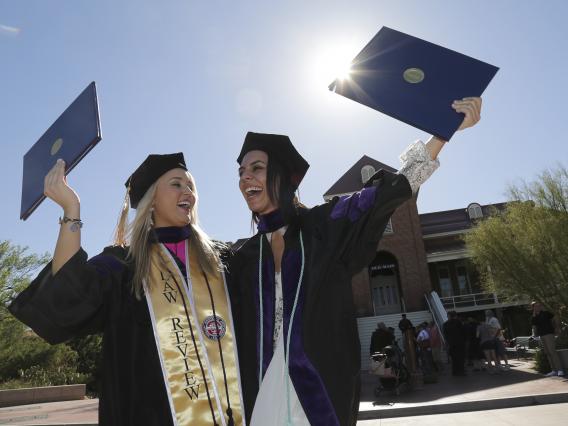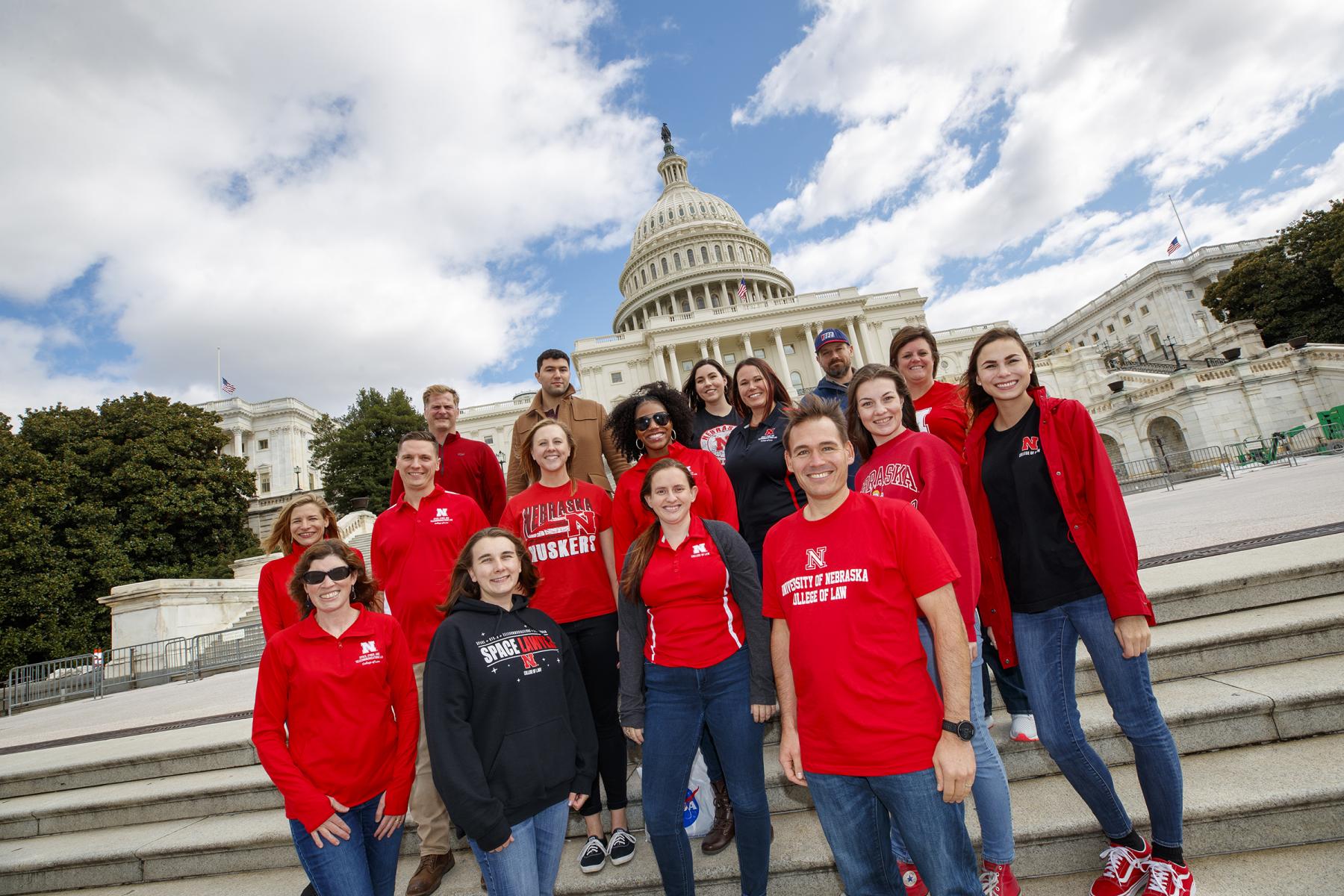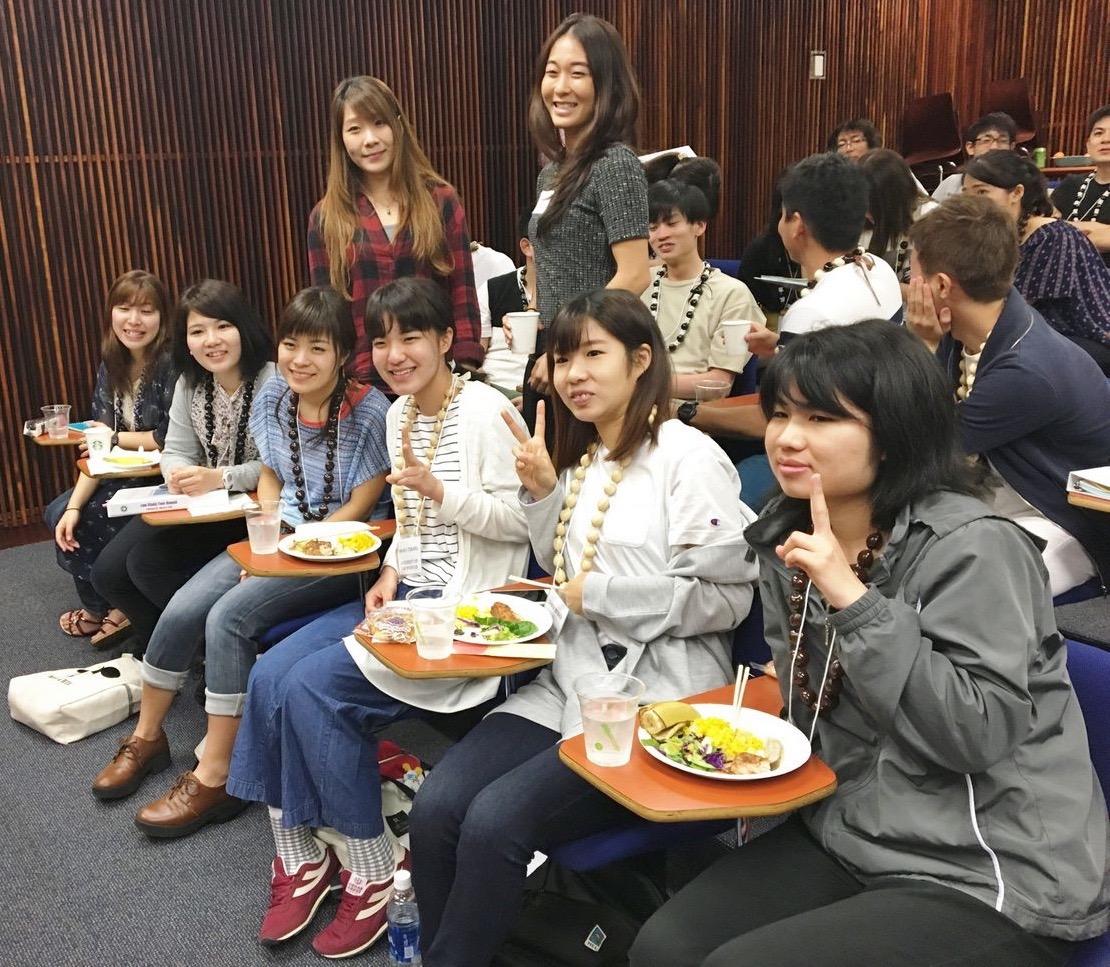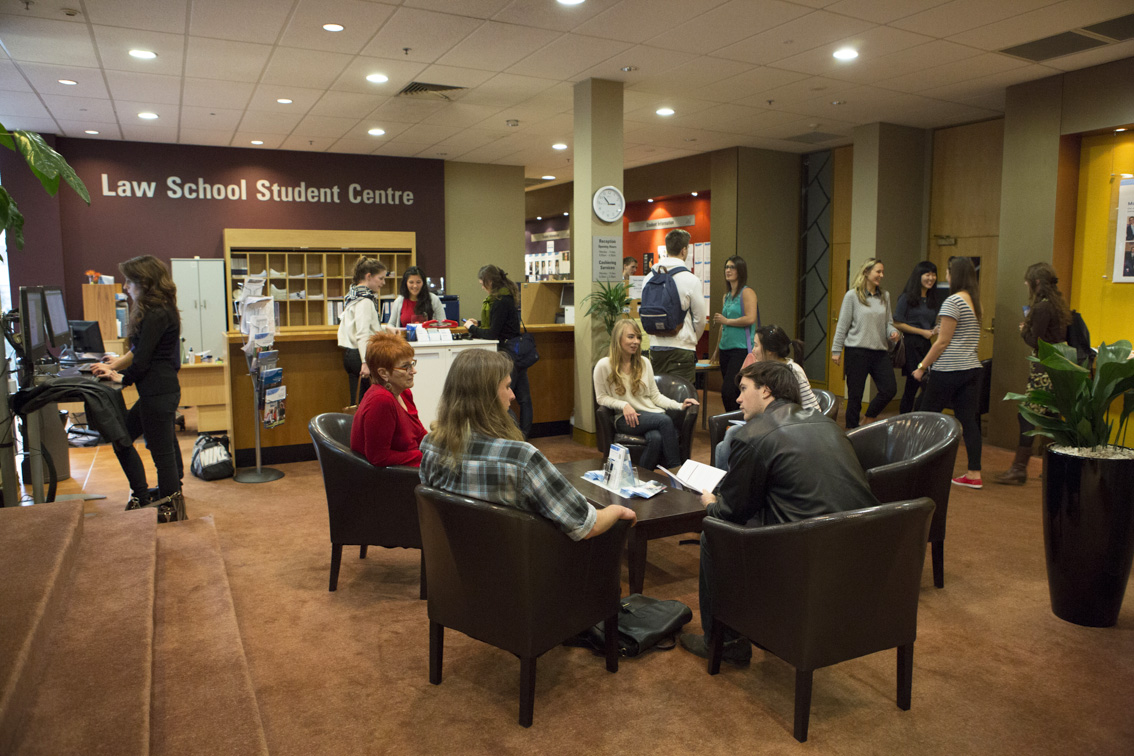Law Schools
15 Best Law Schools in DC Area |Cost, Requirements, How to Apply
Due to the value placed on legal competence, law schools in the DC area draw students. They counsel, advise, and stand in for people and companies. These institutions have received accreditation from the American Bar Association and provide top-notch LL.M. programs.
The DC Area, also referred to as Washington D.C., is home to many of the nation’s top lawyers and officials as well as the seat of the federal government of the United States.
Furthermore, depending on your interests, each of the law schools may appeal to you as a desirable destination to study due to its unique characteristics.
Each of the law schools in the DC area is briefly described in the following article, along with some discussion of the school’s unique qualities.
Are There Law Schools in DC Area?
There are many law schools in the DC area that are completely accredited. Amazingly, law schools in DC 2025 area give their students access to useful and well-liked educational resources that give them the knowledge and skills necessary to practice law successfully.
By getting in touch with several top attorneys and decision-makers in the area, students attending law schools in the DC area can easily network professionally. You should apply right away if you want to attend any of the law schools in DC area, which is a fascinating and worthwhile experience.
You can fully comprehend the constitution and learn about your legal constitutional rights as a citizen by enrolling in law school. You can take action to address societal issues like injustice and inequality by being aware of the constitution.
Read Also: 15 Best Law Schools in Jacksonville | Cost, Requirements, How to Apply
How Long is a Law School in DC Area?
For law schools in the DC area, Studies for the J.D. (Juris Doctor) last three years full-time and four years part-time, respectively. The program starts with introductory legal subjects before letting students pick their electives. Well-known LL are available at law schools DC area.
Read Also: 15 Best Law Schools in New Hampshire | Cost, Requirements, How to Apply
What Are Law Schools in DC Area Ranked For?
Law schools in the DC area are ranked for improving access to justice, facilitating a just and prosperous global marketplace, and building an inclusive and equitable society.
DC Law School With top-ranked law programs and outstanding bar clearance rates, these universities are recognized as some of the best in the nation. In this hub of presidential and political activity, they stand out.
The law schools in the DC area actively encourage students to pursue their interests while providing them with the academic resources and practical legal training necessary to become practice-ready attorneys capable of working in any industry of their choice.
Their location, a thriving hub of technology, innovation, progressive policymaking, charity, and more, offers a real-world learning environment as well as initiatives and alliances that support aspiring professionals and attorneys.
How Much Does Law School Cost in DC Area?
Every nation has a different cost of attending law school. They could be very pricey due to their level of education and work experience.
Tuition at law schools DC area ranges from $30,000 to $70,00.
The maximum annual Direct Unsubsidized Loan amount is $20,500, and the Grad Plus Loan may be used to pay the remaining tuition and fees. Students must enroll each quarter for at least half-time attendance to be eligible for federal student aid (5 credits if you are in the MJ, Ph.D., or LLM programs or 6 credits if you are in the JD program).
Read Also: 10 Best Law Schools in Kentucky | Cost, Requirements, How to Apply
What Are the Requirement for Getting Into a Law School in the DC area?
Your pre-law undergraduate studies major
Before a student can enroll in a law school that is ABA-approved, they must have at least a bachelor’s degree.
Taking and passing the law school assessment test (LSAT)
You must take and pass the LSAT to continue. One of the key determining factors for admission to law schools in DC area is your exam score. Therefore, early planning is crucial.
A formal personal statement
Typically, every DC area law school requests a personal statement. This provides you the chance to discuss your character, academic achievements, career ambitions, and even your motivation for going to law school with the admissions committee.
Letter Of Recommendation
The law schools in DC area demand letters of recommendation from potential candidates. You should receive this letter from either a future employer who can speak to your ability to balance work and education or from an undergraduate professor for whom you have already worked.
Transcript
Before applying to a law school in DC, you must have authentic transcripts from every graduate, undergraduate, and certificate institution.
What Are the Best Law Schools in the DC area?
Graduates from the top law schools in the DC area use the knowledge and abilities they acquire there to shape the important legal discussions of the day. The universities are charter members of the Association of American Law Schools and are accredited by the American Bar Association.
The fear of being unemployed after graduating from any of the top law schools in the DC area is dispelled because the city is among the best for new graduates in terms of career prospects and compensation after graduation.
In the DC region, certain legal schools offer both full-time and part-time degrees. The top law schools in the DC area, are as follows:
- Georgetown University
- Catholic University of America
- Gonzaga University
- Seattle University
- University of Washington
#1. Georgetown University Law Center
Even though many of the students already have a specific career route in mind, Georgetown Law’s exceptional experiential learning programs can help you find your true calling.
The campus is a vibrant center for legal discussion and scholarship, where you can have the opportunity to attend conferences and presentations by world leaders and leading legal scholars on any given day. Throughout their second and third years, all students take part in clinics, practical classes, externships, and simulation courses.
As a J.D. student, you will gain practical legal experience by helping to create genuine legislation, aiding a professor in preparing oral arguments for a Supreme Court hearing, or assisting clients with legal issues while obtaining a degree that is well regarded internationally.
Full-time JD students (12 credits or more per semester) pay a single tuition fee; part-time students (11 credits or fewer per semester) pay tuition by credit hour. Tuition per credit hour for the 2022-2023 academic year is $2,370.
#2. George Washington University Law School
Academics at GW Law are about more than just completing assignments; they’re about developing a collaborative, unique legal education. Students can study several legal specialties to discover what they are passionate about thanks to a diverse curriculum.
They also provide flexible paths for pursuing a legal education. To fulfill family obligations, take advantage of work possibilities, and adapt their education to changing demands, students can simply transition between full-time and part-time status. The GW Law experience is unmatched in that it combines career development and support from the very beginning of each student’s legal education.
Tuition is $65,420 for full-time students and $48,300 for part-time students. There are no application fees.
#3. American University Washington College of law
One of the top law schools in the DC area is the American University School of Law, where you are currently reading this. It is situated in Washington, DC’s Tenley town neighborhood in the northwest.
The American University Washington College of Law offers several programs: the Juris Doctor Program, the LL.M Degree, the MLS Program, the SJD Program, and the Dual Degree Program. The J.D. (Juris Doctor) program can be pursued in four years for part-time students and three years for full-time students.
After completing the program’s fundamental legal courses, students are free to select any alternative. The LL.M degree offered by this legal school is among the best.
There is a $70 application fee in addition to tuition costs of $58,970 for full-time students and $41,191 for part-time students.
#4. Catholic University of America – Columbus school of law
Realistic, targeted, and connected are the three characteristics that, at every step, most accurately describe Catholic Law’s conception of legal education.
A strong academic foundation, a top-notch practical education, and the J.D. in Catholic Law Curriculum are all united. Students are taught legal doctrine through challenging cognitive lessons. They receive practical skills training through clinical and experiential learning.
The J.D. The Catholic Law School in Washington offers courses leading to the J.D., L.L.M., and M.L.S. degrees (Master of Legal Studies).
Part-time employment pays $38,690 while tuition is $56,040. No application costs are required.
#5. Howard University
The Howard University School of Law’s faculty, staff, and administration are still fully devoted to giving their students the best legal education possible and developing the next generation of leaders. They have a faculty and student body of great potential, as well as thousands of alumni who are already making a substantial impact on the legal profession and their communities throughout the country, all under the direction of a visionary dean.
Howard has an 8.6:1 student-to-faculty ratio.
They provide programs such as JD Application and Information, JD/MBA, and Master of Law (LL.M.).
Tuition is $37,160, and applications are $60.
#6. Gonzaga University
Gonzaga Law’s Executive Two-Year J.D. program offers an ABA-accredited six-term legal education in two years as opposed to three, with a focus on business and leadership courses.
Law, business, and leadership educators instruct students using a blended curriculum. The online and on-campus components of the two-year J.D. curriculum are both present. The two curricula are offered.
The Gonzaga Law Review, established in 1966, promotes the advancement of the law through scholarly critique and analysis. The Review offers articles on the most recent legal issues, giving practitioners and academics a credible study resource.
Tuition is $48,835 with no application costs.
#7. Seattle University Law school
The Seattle University School of Law, also known as Seattle Law School, is a professional graduate program connected to Seattle Institution, the biggest independent university in the Pacific Northwest and one of the top Washington law schools.
The American Bar Association has granted accreditation to the Association of American Law Schools member law school in Washington.
Attorneys from the Seattle University School of Law have practiced in all 50 states as well as 18 other nations.
The law school offers programs leading to the degrees of Juris Doctor (JD), Master of Laws (LLM), and Master of Studies in Law (MLS).
Full-time tuition is $51,433; part-time tuition is $34,329; the application fee is $65
#8. University of the District of Colombia
The District of Columbia University Located in Washington, D.C., the David A. Clarke School of Law is a historically black public land-grant institution.
The University of the District of Columbia confers degrees through several institutions, including the David A. Clarke School of Law. It is a public university in Washington with very low tuition compared to other legal schools in the city.
Full-time tuition is $13,438 in-state; full-time tuition is $25,874 out-of-state; part-time tuition is $9,440 in-state; and part-time tuition is $17,860 out-of-state (out-of-state). Applications are $35.
#9. University of Washington Law School
The University of Washington School of Law has a class size of roughly 190 students and a student-to-faculty ratio of 10:1. J.D. students have a range of options for concentrating on their legal education, including Asian Law, Environmental Law, and Public Service Law. The law school’s highly regarded Law Librarianship program is also well-known.
Students may enroll in concurrent or dual degree programs at the University of Washington, such as a J.D./M.B.A. through the Foster School of Business, a J.D./Master of Public Health through the School of Public Health, or a J.D./Master of Public Affairs through the Evans School of Public Affairs.
The application fee for the full-time program at the University of Washington School of Law is $60. Its full-time tuition is $40,035 (in-state) and $51,534 (out-of-state) (out-of-state). The faculty-to-student ratio is 6.1:1.
Visit School Here
Best Law Schools close to DC Area
Don’t put down your reading lens yet, here are some law schools close to the DC area you would love to be exposed to.
#10. The University of Richmond School of Law
A little over 60% of students at the exclusive University of Richmond School of Law are from Virginia. The distance between the law school campus and Richmond, the capital of Virginia, and the location of several legal corporations, courts, and other institutions, is around six miles. It takes about two hours to go to DC area.
The University of Richmond School of Law offers elective courses that allow students to focus their legal education on topics like litigation, business law, and real estate law. The School of Law also offers joint degrees like a J.D./MBA.
The University of Richmond School of Law does not charge an application fee for its full-time programs. Full-time students pay $50,500 in tuition. There are 5.6 students for every faculty member.
#11. The University of Baltimore School of Law
A little over 60% of students at the exclusive University of Richmond School of Law are from Virginia. The distance between the law school campus and Richmond, the capital of Virginia, and the location of several legal corporations, courts, and other institutions, is around six miles.
The legal education of students can be specialized through electives in fields including litigation, corporate law, and real estate law. The School of Law also offers joint degrees like a J.D./MBA.
The University of Baltimore School of Law’s part-time and full-time programs each have a $60 application fee. Full-time in-state students pay $33,592 in tuition, full-time out-of-state students pay $49,004, part-time in-state students pay $25,058 in tuition, and part-time out-of-state students pay $34,616 in tuition. (out-of-state). The student-to-teacher ratio is 7.1:1.
#12. University of Virginia
The University of Virginia School of Law, like all other academic departments, has a strict, student-run honor code. Students promise not to steal, cheat, or lie, and those found guilty by a jury of their peers are expelled.
Each class has about 350 students, with somewhat more men than women. Students at the Darden School of Business can earn combination degrees such as a J.D. in four years, and an MBA It is one of Virginia’s top law schools, alongside the famed Law Schools in DC area.
At the University of Virginia School of Law, the application fee for the full-time program is $85. Full-time in-state tuition is $66,500; full-time out-of-state tuition is $69,500. (out-of-state). The faculty-to-student ratio is 6.6 to 1.
#13. George Mason School of Law
Because of the George Mason University School of Law’s closeness to Washington, D.C., there are year-round opportunities at multiple levels of government, federal agencies, and private law firms. Because of the profitable atmosphere, it is also one of the renowned schools to be ranked among the best law schools in DC area.
Applicants for the J.D. Day and evening programs at the George Mason School of Law are available, as is one joint J.D./Master of Public Policy program. Law students can choose curricular emphases and tracks to concentrate on in areas such as patent law, intellectual property law, or homeland and national security law.
At George Mason University’s Antonin Scalia Law School, there is no application fee for the full-time program. The Antonin Scalia Law School at George Mason University does not charge an application fee for its part-time programs. Full-time in-state tuition is $25,875, full-time out-of-state tuition is $41,261, part-time in-state tuition is $19,404, and part-time out-of-state tuition is $30,944. (out-of-state). 4:1 is the student student-to-faculty.
#14. William and Mary Law School
Initiatives for simulated legal education are developed at the William & Mary Marshall-Wythe School of Law, such as the two-year Legal Skills Program, in which students work in fictitious law firms on real-world issues.
The McGlothlin Courtroom is a component of the law school’s Center for Legal and Court Technology, which is also a center for analysis and demonstrations of internet, audio, and video technology in courtrooms.
The full-time program at William & Mary Law School charges $85 for each application. Full-time tuition for in-state students is $36,608, while that for out-of-state students is $51,620. (out-of-state). The faculty-to-student ratio is 7.3:1.
#15. Washington and Lee University Law School
Washington and Lee University School of Law in Virginia is a tiny private institution. In the second year, students often study electives, whereas the first year’s curriculum consists of required courses.
The third year at W&L Law is dedicated to lawyer engagement, and students receive training through activities such as practicums, externships, and clinics. Students can personalize their education by taking electives, but they are not compelled to take a specific path or concentration.
For its full-time programs, the Washington & Lee University School of Law does not require an application fee. Tuition for full-time students is $53,400. The student-to-instructor ratio is 5.8:1.
How to apply for law schools in DC Area
1. A consultation with the pre-law advisor at your undergraduate institution
2. Open an account with LSAC.
3. Enroll in and prepare for the LSAT
4. Research law schools
5. Meet the law school recruiters
6. Open a Credential Assembly Service account (CAS)
7. Acquire all required transcripts.
8. Submit recommendation letters
9. Compose a statement of purpose.
10. Allow law schools to find you
11. Fill out an online job application.
Frequently Asked Questions (FAQs)
LSAT is regarded as very difficult.
A good response is one with a score of at least 160. Through it, you can locate numerous excellent law schools in DC area and the US at large.
Typically, three months of preparation are suggested for a high grade.
Sending the admissions committee an email with your request to postpone enrollment and a rationale makes it possible.
Conclusion
We are aware that picking a law school can be very challenging, particularly given the remarkable statistics and array of alluring characteristics of law schools in DC area.
It can be gratifying and difficult to attend one of Washington’s top law schools. A student must prepare beforehand to meet the requirements if they want to enroll in one of the top DC area law schools.
Any student who is fortunate enough to get accepted into one of the best law schools in DC area has a fair chance of becoming well-known and having a prosperous career.
References


